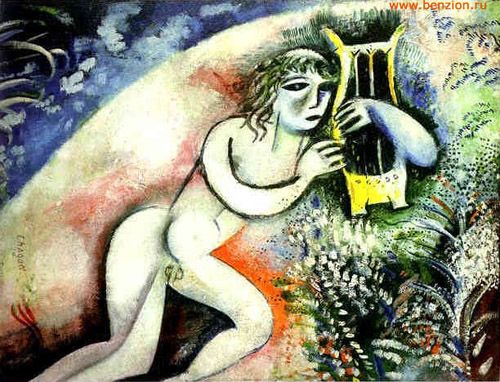Commentary
All of us, doctors or health workers or patients, will suffer loss in our lives. That loss may be disappointment in an examination or a relationship, loss of faith in an ideal, or most seriously, loss through death of someone whom we love.
Grief constitutes the suffering that always accompanies and follows loss.
In Monteverdi’s opera Orfeo, his love Euridice dies after being bitten by a snake. He descends to the Underworld, determined to get her back. In Greek mythology, he is famous for his prowess on the lyre and in song; he uses this to great effect in this plea to Pluto, Lord of the Underworld: Give me back my love. (Rendetemi il mio ben in the original.)
Kubler Ross describes five stages of grief: denial, anger, bargaining, depression and acceptance. They constitute a framework that makes up our learning to live with the loss, particularly loss of a loved one. However, these stages are not always experienced in a linear fashion and each is always expressed individually.
The theme of the opera, trying to retrieve a dead loved one, can be seen as a dramatic expression of denial. We can also see Orfeo’s song as an achingly beautiful demonstration of anger and bargaining. If you listen to the whole recording, you can see how his grief evolves and changes over time. Orfeo’s quest does not however, end well, but he is helped by divine intervention in the end.
As has been said more than once, the Ancient Greeks keep stealing our ideas …
Further info
- The first opera? Monteverdi’s Orfeo (Wayback Machine; video links likely to fail. Excise the front of video urls to go directly to YouTube now)
- Elizabeth Kubler-Ross stages of grief (Wikipedia)
- Image: Orfeo (Wikimedia) by Marc Chagall, c1914
Contributed by
John Gillies
Rate this post

